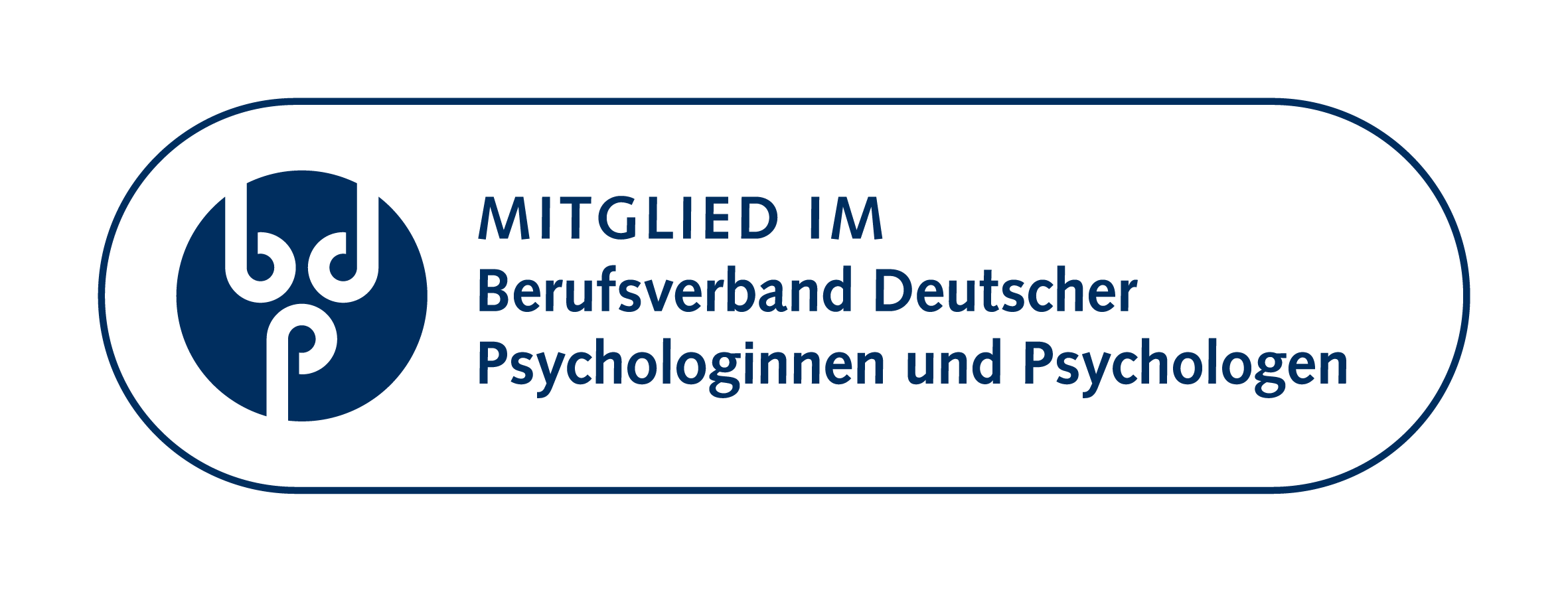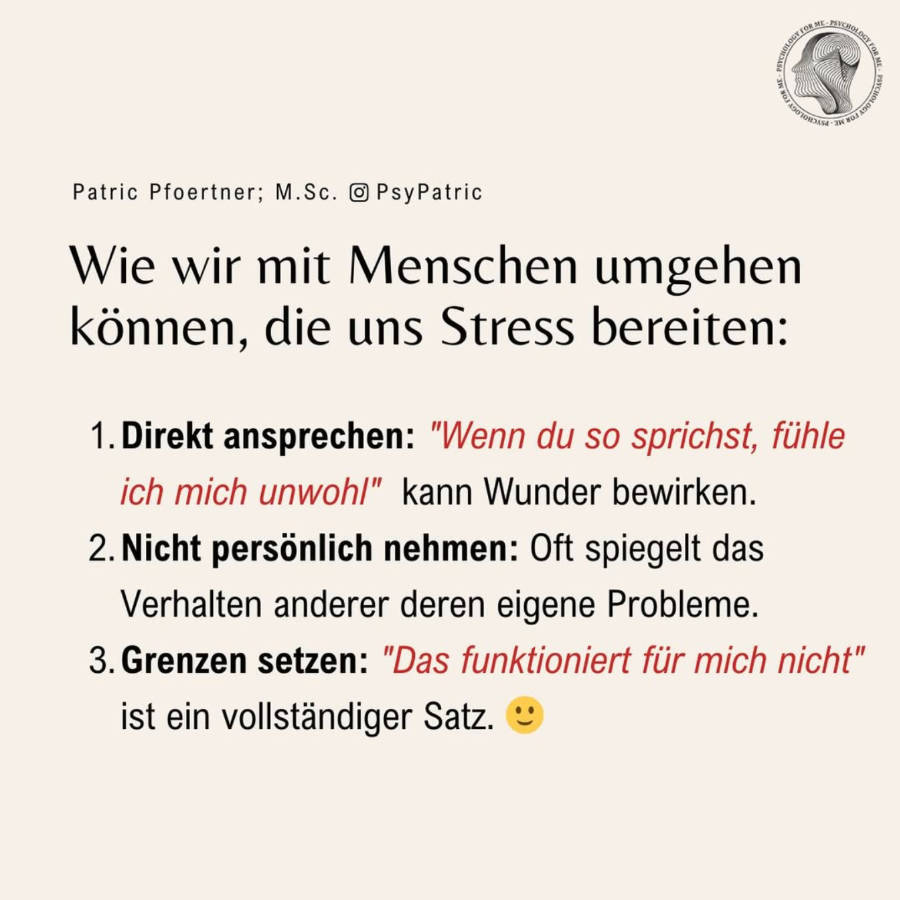Understanding and Overcoming Procrastination: A Psychologist's Perspective
As a psychologist, I frequently encounter individuals who grapple with the pervasive challenge of procrastination. It's a common human experience, yet for many, it can become a significant source of stress, missed opportunities, and feelings of guilt or inadequacy. Procrastination isn't merely about laziness; it's a complex psychological phenomenon often rooted in deeper emotional and cognitive processes.
If you've found yourself repeatedly putting off tasks, even when you know they are important, you're not alone. This test is designed to offer you a confidential space to reflect on your own patterns and gain a clearer understanding of your relationship with task completion.
Common Questions About Procrastination
Many individuals grapple with the habit of procrastination, and it's natural to have questions about why it happens and what can be done. Here are some common inquiries:
- Why do I procrastinate, even when I know it's bad for me?
Procrastination often stems from a desire to avoid negative emotions or discomfort associated with a task. This could be fear of failure, fear of success, perfectionism (the pressure to do things perfectly), feeling overwhelmed, lack of motivation, or even simply boredom. Your brain might be seeking immediate gratification (doing something enjoyable now) over long-term reward (completing the task).
- Is chronic procrastination a sign of a deeper psychological issue?
While occasional procrastination is normal, chronic and debilitating procrastination can sometimes be a symptom of underlying psychological conditions like anxiety, depression, ADHD, or even obsessive-compulsive disorder (OCD). If procrastination significantly impacts your life, work, relationships, or mental well-being, it's a strong indicator that seeking professional support could be beneficial.
- What practical steps can I take to overcome procrastination?
Overcoming procrastination often involves a combination of strategies. Start by breaking down large tasks into smaller, manageable steps. Set clear, realistic deadlines for yourself. Try the 'Pomodoro Technique' (focused work intervals with short breaks). Address your perfectionistic tendencies by accepting that 'good enough' is often sufficient. Cultivate self-compassion, as self-blame often perpetuates the cycle. Identifying the triggers for your procrastination, whether it's fear, boredom, or feeling overwhelmed, is the first step towards developing targeted coping mechanisms.
This Procrastination Insight Assessment can help you:
- Identify common patterns: Understand *how* you tend to procrastinate.
- Explore potential triggers: Gain insight into *why* you might be delaying tasks.
- Encourage self-awareness: Foster a deeper understanding of your own behaviors and motivations.
Remember, taking this test is an act of self-reflection, a step towards greater self-awareness. Be kind to yourself as you answer the questions. The goal is not to judge, but to understand and empower you to make positive changes.
























